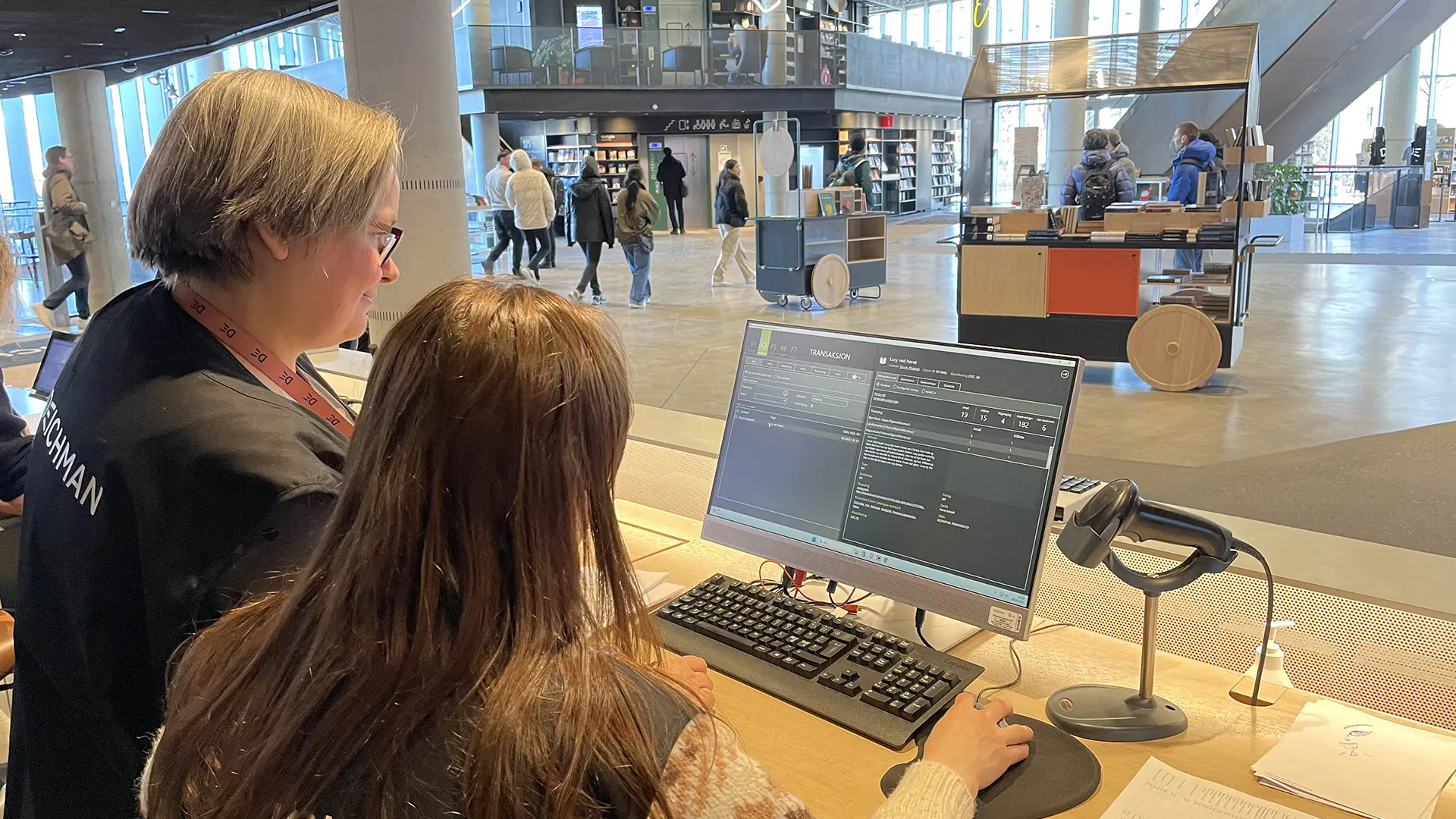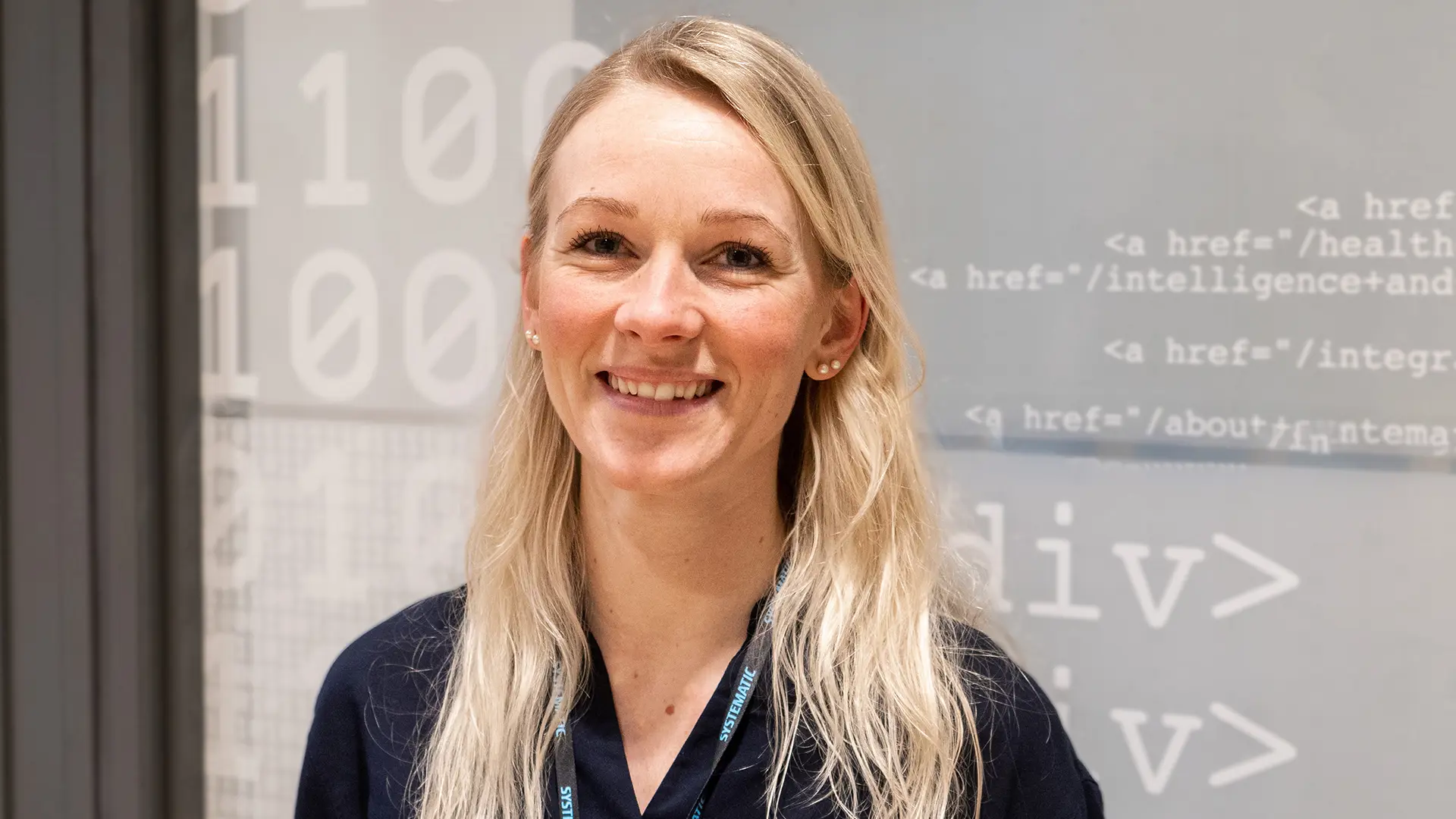"There is a growing awareness about the importance of reading"
Globally, there is an increased awareness about the importance of education and reading, and the United Nations’ 2030 goals are an example of this, according to Assistant Professor Jesper Bremholm from Aarhus University in Denmark.
Lifelong learning for all. That is one of the goals on the United Nations’ 2030 Agenda for Sustainable Development, working towards more sustainable development in the future.
This is a beautiful, idealistic goal, in the view of Assistant Professor Jesper Bremholm, who is currently undertaking research on reading and reading instruction at Aarhus University.
And the United Nations in particular deserves some of the credit behind the fact that there has been a growing awareness about the importance of education over last 20–30 years, as Jesper Bremholm explains.
“The United Nations, along with a number of other organisations and initiatives, has helped build a growing understanding of the positive impact education has on a society. For example, we have seen that many more girls now attend school, compared to previously.”
Jesper Bremholm acknowledges that there are also countries that still have difficulty making improvements in this field. In general, however, education has become the centre of considerable attention, and many resources have been applied to ensure high performance. OECD and PISA studies have thus become tools for evaluating metrics such as student performance in mathematics and reading. The latter is a skill that is generally of crucial significance for how students get on during their education:
Finland, Singapore and Canada are among the countries that perform best in PISA studies – but exactly why 15-year-olds from these particular countries are doing well in the PISA reading tests is difficult to answer unequivocally, he points out.
“However, studies show that the countries that perform particularly well have an educational system in which they are able to make the weakest students better as well as managing to lift the level for the brightest students,” he explains.
Finally, one should not forget that even if a student doesn’t do well in reading tests in school that does not necessarily mean he or she will not eventually succeed in education and in the job market, concludes Jesper Bremholm, saying:
“As with so much else, we people tend to be good at things we spend time on and care about. That’s why there are also young people who might not have liked attending school when they were children – but whose learning curve accelerates significantly when they later become interested in a particular form of education. So even though a young person isn’t very interested in reading when a child, the urge can certainly arise later in life.”
The Joy of Reading award
The award was established by Systematic in collaboration with Next Library® – a conference at which library professionals from around the world meet every two years.
An international jury assesses all the applications received, selecting both the nominees and the final winner.
The award will be presented for the very first time by H.R.H. Princess Laurentien of the Netherlands, founder of the Reading & Writing Foundation, at the 2017 Next Library Conference, to be held in Denmark.








